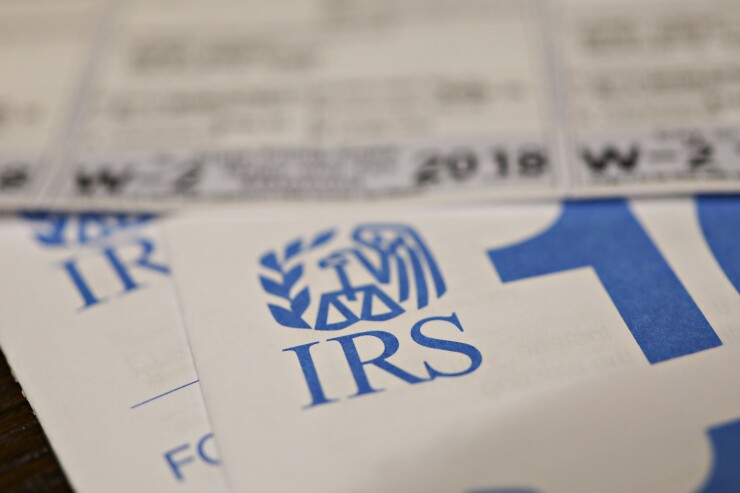The IRS and the Treasury Department plan to send interest payments averaging $18 to approximately 13.9 million individual taxpayers who filed their 2019 federal income tax returns on time and are receiving tax refunds.
The interest payments will go out to individual taxpayers who filed a 2019 return by this year’s July 15 deadline and who either have already received a tax refund in the past three months or will be receiving a refund. Most of the interest payments will be issued separately from tax refunds.
In most instances, taxpayers who received their tax refund by direct deposit will have their interest payment directly deposited in the same bank account. Approximately 12 million of the payments will be direct deposited.
Everybody else will get a paper check. A notation on the check will say, “INT Amount” to identify it as a tax refund interest payment and indicate the interest amount.
By law, these interest payments are taxable so taxpayers who receive them will need to report the interest on their 2020 federal income tax return when they file it next year. Next January, the IRS will send a
The change in procedure this year is due to the novel coronavirus pandemic. The IRS’s long-standing 45-day rule generally requires the agency to add interest to tax refunds on timely filed refund claims issued more than 45 days after the return due date. However, this year’s COVID-19-related July 15 due date is considered to be a disaster-related postponement of the filing deadline. In cases where a disaster-related postponement exists, the IRS is required, by law, to pay interest, calculated from the original April 15 filing deadline, as long as an individual files a 2019 federal income tax return by the postponed deadline (July 15, 2020, in this instance). The tax refund interest requirement only applies to individual income tax filers; businesses aren’t eligible.
Here's an at-a-glance guide to the candidates' positions on individual taxes.
Interest is paid at the legally prescribed rate that is adjusted quarterly. The rate for the
Where the calculation period spans quarters, a blended rate applies, consisting of the number of days falling in each calendar quarter. No interest will be added to any tax refund issued before the original April 15 deadline.







